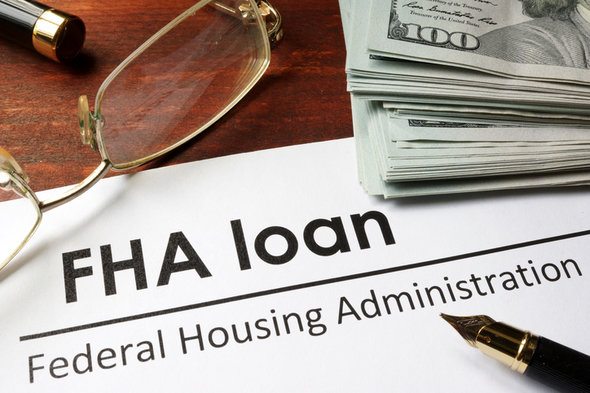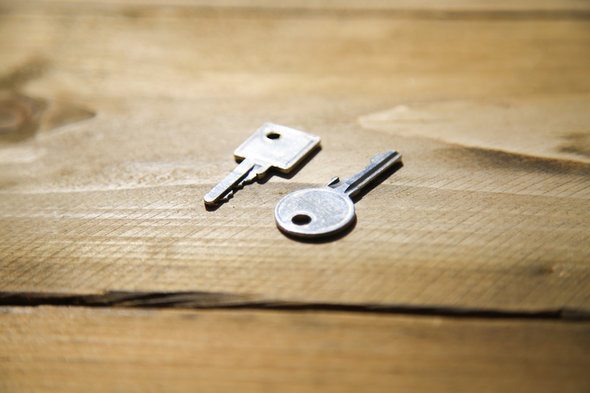The days are long gone when you could buy a house without spending any money out of pocket. Lenders and regulators have determined that potential home buyers need to demonstrate some savings ability prior to taking on a mortgage for a home. Even the unexpected and regular maintenance that arises from owning a home can take a chunk out of your wallet. The ability to save is vital to being a successful home owner.
That said, there are some low down payment programs available with very good loan terms. In some cases, the cost to buy a home with a mortgage is not much more than the cost to get into a new rental, when you consider things like first and last month’s rent and security deposits. Below are four loan types requiring low down payments.
1. Conventional Loans (5% down)
People think of conventional loan financing as the way to go if you have a 20% down payment. But conventional financing allows for as little as 5% down. It will require mortgage insurance, either paid monthly or financed into the loan. For borrowers with good credit profiles, conventional financing is still the best way to go.
For those with less than perfect credit, a conventional loan with 5 percent down may not be a good choice. Conventional loans have rate or fee add-ons for any score under 740. The monthly mortgage insurance cost will also go up as the credit score goes down.
If your credit score is over 740, saving at least 5% of the purchase price should qualify you for a reasonably affordable mortgage. If your score is lower, especially below 700, you should consider the next option for your mortgage.
2. FHA Loans (3.5% down)

FHA loans only require 3.5% for a down payment. They have long been the top choice for first time home buyers. FHA rates do not change based on credit score and are typically a little bit lower than conventional rates. However, the FHA mortgage insurance premium is considerably higher than the cost well-qualified buyers will get for their PMI.
Over the past four years, FHA mortgage insurance costs have more than doubled for most clients. It makes things much less affordable, and has drastically lowered the popularity of FHA loans. However, for those with marginal credit scores, it is still cheaper than conventional financing when you account for the rate and fee add-ons.
3. VA Loans (0% down)
The only true no down payment loan is only available for veterans or active military service members. This is a fantastic program, which also has no monthly mortgage insurance. However, it is not available to the general population. If you are a veteran, a VA loan is almost always the best option for buying a new home.
4. “My Community” & “Home Possible”
Both Fannie Mae and Freddie Mac have enacted community based programs designed to increase home ownership. They offer favorable financing terms to low to moderate income families. They base income qualification on the median income averages for the county in question.
One of the advantages to the program is a small down payment—usually 5%, but in some cases as little as 3%. These programs also usually allow the entire down payment to be from a gift. Fannie Mae program calls the program “My Community” and Freddie Mac calls the program “Home Possible.”
Other Cash Needs

When calculating how much money you will need to buy a home, the down payment is only the beginning. Don’t forget to account for loan closing costs. Sometimes the seller will agree to pay some of these. But in a vibrant market, they probably have another offer behind yours, making them less likely to pay any of your costs.
You also have to pay upfront for your property taxes and home owner’s insurance. Finally, most of the mortgage programs listed above also require you to have “reserves” in the bank. This is an amount equivalent to from two to six months of mortgage payments. If any unforeseen circumstances arise, the lender wants to know that you have some savings to keep making your payments. This requirement often catches new homeowners by surprise.
Final Word
Before you buy a home, consider your abilities to save. The more money you save before applying for a mortgage, the better a position you put yourself in. But don’t let a small balance in your savings account keep you from buying a home. There are still great options available and you don’t want to miss out on a promising opportunity.
Photo credit: ©iStock.com/Hin255, ©iStock.com/designer491, ©iStock.com/stereostok
